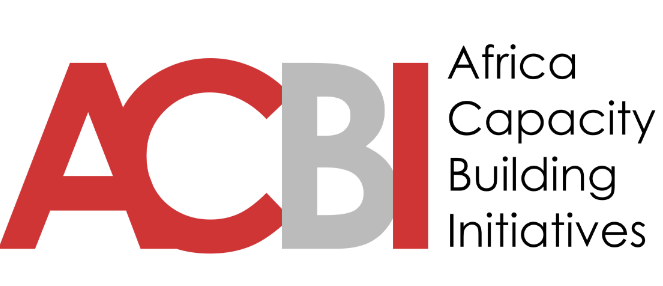What you will learn in this course
The general aim of this course is to give you an introduction to major themes, issues and challenges in study of peace, as well introduce some of the tools, techniques and relevant peace institutions creating the connections and synergies between peace studies, conflict resolution, mediation and other courses. This course will provide a wider view of issues relevant to peace and conflict resolution through the lens of peace studies, which the sole aim of providing the right tools and the necessary level of commitment to effect a change for the better in terms of peace, violence and conflict on all levels.
COURSE AIMS
The four major aims of the course are to:
- To introduce Peace Studies as an academic discipline, with emphasis on the genesis of peace studies, the theoretical background that supports its fundamental insights, questions, and the ethics of war and peace.
- To analyze contemporary conflict and introduce the main issues in the field of conflict mapping and conflict theory.
- To examine some of the important dimensions of peace, conflict and violence on various levels including ethnic and religious factors, questions and marginalization, justice, equality, environment and structures of international agencies and systems.
- To review some of the most approaches to peace, including missions, activities of UN organs, role of NGOs, civil society organizations, and international and human rights laws.
- Introduce you to African cultural heritage.
- Understand the features of conflict resolution.
- Help you recognize the traditional institutions for peace making.
- Design strategies articulating conflict resolution models.
On successful completion of the course, you should be able to:
- Define and explain the concept of conflict, peace and mediation.
- Understand the concept of conflict resolution and conflict transformation.
- Explain the various peace conflict handling styles.
- Be familiar with the major strategies of peace studies and conflict resolution.
- Understand the importance of communication in conflict resolution.
- Differentiate between the formal and alternative dispute resolution.
- Outline the advantages and disadvantages of Alternate Dispute.
- Understand the meaning of the Scientific Method in research.
Course Features
- Lectures 21
- Quizzes 0
- Duration 10 weeks
- Skill level All levels
- Language English
- Students 0
- Assessments Yes
Curriculum
- 4 Sections
- 21 Lessons
- 10 Weeks
- MODULE 1: INTRODUCTION TO PEACE STUDIESWhat you will learn in this course Module The general aim of this course is to give you an introduction to major themes, issues and challenges in study of peace, as well introduce some of the tools, techniques and relevant peace institutions creating the connections and synergies between peace studies and other courses offered in the institution. This course will provide a wider view of issues relevant to peace, through the lens of peace studies, which the sole aim of providing the right tools and the necessary level of commitment to effect a change for the better in terms of peace, violence and conflict on all levels. OBJECTIVES At the end of this unit, you should be able to: • Distinguish between conflict and violence. • Identify what is positive about conflict. • Analyze a conflict situation. • Describe the different theories of conflict and peace. • Identify the different perspectives guiding the study of conflict and peace.5
- MODULE 2: FUNDAMENTALS OF PEACE STUDIES2.0 OBJECTIVES At the end of this unit, you should be able to: • Explain the history or military transition. • Describe the relationship between the CSOs and the military. • Identify and describe the factors that will reform the civil military relations between the CSOs and the military; and • Identify the factors for peace promotion in the democratic Nigeria. • Explain what is meant as colonial rule. • Explain the implications of the regionalization of Nigeria by the colonial masters. • Identify factors that can make nation building possible. • Describe the role of the military in nation building. • Describe ethnicity as a study of group of people who function in particular way that works for them. • Distinguish between the two schools of thoughts – the Africanist and the Western. • Describe the Africanist approach to resolving African ethnic conflicts.5
- MODULE 4: GENDER, HUMAN RIGHTS ROLE IN PEACE2.0 OBJECTIVES By the end of the unit, you should be able to: • Explain the concept of peace building. • Describe the map of peace building activities. • Identify the principles of peace building. • Identify the challenges of peace building. • Explain the criticisms and questions of peace-building. • ‘Military’ Peace Building. • Describe/define Human Rights. • Explain the importance of the promotion of human rights • Explain the interface of justice, peace and the promotion of Human Rights • Identify different parts of the continent where wars were fought OR ongoing wars. • Describe the role of the UN in peace making in Africa; and •List the sub-regional organizations in Africa and describe their role in mediating conflicts in their region.6
- MODULE 3: Religion, Education AND Conflict Reconstruction5






